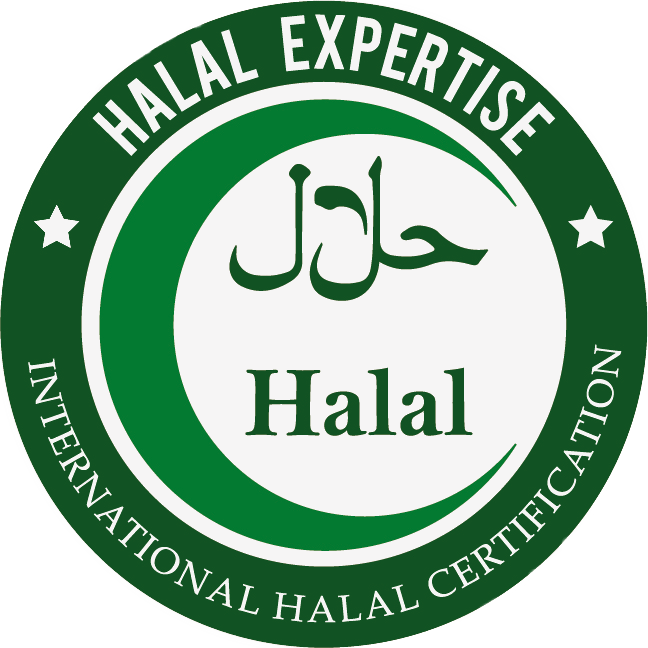Whey is the liquid remaining after milk has been curdled and strained. It is a by-product of the manufacturer of cheese and has several commercial uses. Sweet whey is manufactured during the making or rennet types of hard cheese like cheddar or Swiss cheese, where as Sour whey is a by-product produced during the making of acid types of dairy products such as cottage cheese or strained Yogurt,
These are by-products of the cheese-making process used in a myriad of food products ranging from baked goods to frozen desserts. These ingredients are further processed into powders from liquid whey. Usually, nothing further is added to whey after it is drained to make cheese; therefore, if the cheese manufactured is halal, then liquid whey and ingredients from whey, such as whey powder, whey protein concentrate, whey protein isolate, and lactose, are also halal, as long as the drying equipment is halal.
Cultured milk, sour cream, and yogurt are compounded, cultured, and further processed products of milk. Ingredients such as gelatin, emulsifiers, flavorings, stabilizers, and colors can be added to these products for various functional properties. Gelatin is one of the most widely used ingredients in yogurt. Halal gelatin is now available, as are other halal texturizing ingredients, including pectin, carrageenan, and modified starches, which are suitable as gelatin replacements.
Ice creams and frozen desserts are complex food systems requiring dozens of different ingredients to manufacture them. There are several possibilities for doubtful ingredients being incorporated into ice creams and frozen desserts, but the three ingredients that present the greatest difficulties are gelatin, flavors, and emulsifiers. To make natural vanilla ice cream, a company must use natural vanilla flavor, which by its “standard of identity” must contain at least 35% alcohol.
Even when this alcohol is diluted down to its use level, the final ice cream may contain from 0.2 to 0.5% alcohol. Other flavors, which are uniquely liquor flavors, such as rum, might contain even higher amounts of alcohol. One must decrease the amount of alcohol in these products to the minimum level needed to provide the technical effects desired from that particular ingredient. The final alcohol content of the finished products should be lowered to less than 0.1%. Halal gelatin and halal marshmallows are now available for the companies that wish to formulate ice cream products with those ingredients. Flavors which have a connotation related to alcoholic beverage can be formulated from nonalcoholic extract of natural flavors or by the use of synthetic ingredients, such as rum flavor.
These days many flavors such as butter flavor are extracted from dairy ingredients by concentrating the flavor compounds and further intensifying the flavor with modifications through enzymatic reactions. Manufacturers should make sure that enzymes used for these flavors are halal suitable.




